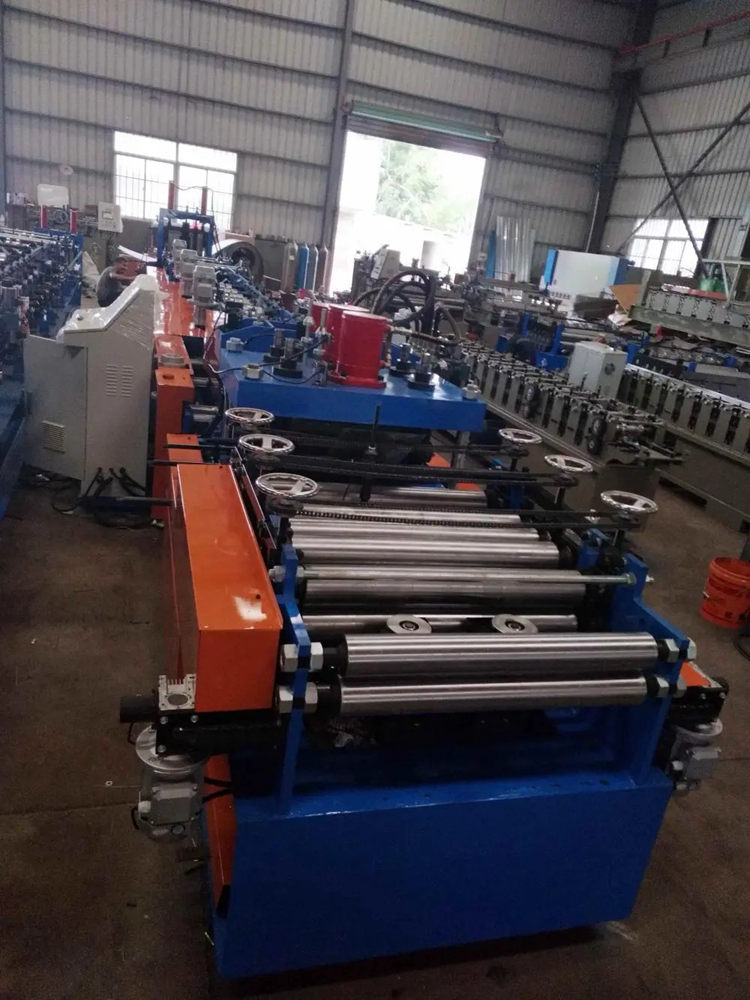
The Importance of Rolling Forming Machines in Modern Manufacturing
In today's fast-paced manufacturing environment, efficiency and versatility are paramount. One of the machines that contribute significantly to these goals is the rolling forming machine. This technology has evolved over the years, becoming an essential tool in industries ranging from automotive and construction to HVAC and aerospace. Understanding the workings and benefits of rolling forming machines can provide insights into their integral role in modern manufacturing processes.
What is a Rolling Forming Machine?
A rolling forming machine is a type of manufacturing equipment used to shape metal sheets or strips into desired profiles or shapes. The process involves feeding a flat metal sheet through a series of rollers that gradually shape it into a specific cross-section. This technique of forming metal offers several advantages over traditional methods such as stamping, cutting, or bending.
Efficiency and Precision
One of the primary benefits of rolling forming machines is their ability to produce precise shapes with minimal waste. The continuous process of rolling allows for high-volume production while ensuring that each piece maintains consistent dimensions. This precision is crucial, especially in industries where tight tolerances are required, such as in the automotive sector where components must fit perfectly to ensure safety and reliability.
Moreover, rolling forming machines can operate at high speeds, allowing manufacturers to increase their output without sacrificing quality. This efficiency not only reduces production time but also lowers labor costs, making it a cost-effective option for manufacturers.
Versatility in Applications
Rolling forming machines are incredibly versatile and can produce a wide range of shapes and profiles. From simple channels and beams to complex shapes for specialized applications, these machines can adapt to various manufacturing needs. Industries such as construction benefit from the ability to create unique structural components tailored to specific projects, while HVAC manufacturers rely on these machines to produce ductwork and fittings.

The flexibility of rolling forming machines also extends to the types of materials they can process. They can handle various metals, including steel, aluminum, and copper, accommodating a broad spectrum of industries that require different material properties.
Technological Advancements
As technology continues to advance, so do rolling forming machines. Modern machines are equipped with sophisticated software that allows for precise control and customization of the forming process. Computer Numerical Control (CNC) systems enhance the accuracy and repeatability of production, enabling manufacturers to implement complex designs with ease.
Additionally, innovations in the material properties of metals and advancements in coatings have further expanded the capabilities of rolling forming machines. This has led to the development of lighter and stronger materials that enhance the performance of products while reducing their environmental impact.
Environmental Considerations
In an era where sustainability is a crucial focus, rolling forming machines contribute positively to environmentally friendly practices. Their efficient use of materials significantly reduces waste. Moreover, the ability to work with recycled metals means that manufacturers can produce high-quality products while minimizing their carbon footprint.
Conclusion
Rolling forming machines are at the forefront of modern manufacturing, offering efficiency, precision, and versatility across various industries. As technology continues to evolve, these machines will only become more integral to the manufacturing process. For companies looking to enhance their production capabilities, investing in rolling forming technology can provide a competitive edge by ensuring high-quality output, reducing waste, and enabling innovative design solutions. Embracing this technology is not just a step towards operational efficiency; it is a commitment to quality and sustainability in the manufacturing landscape.